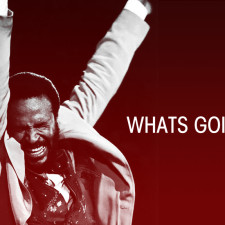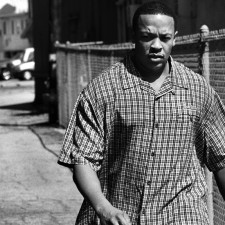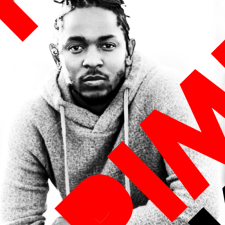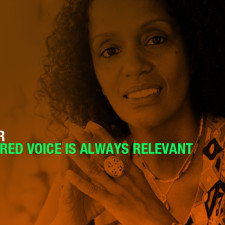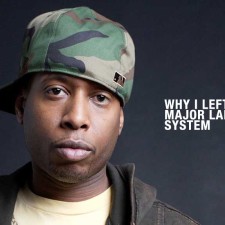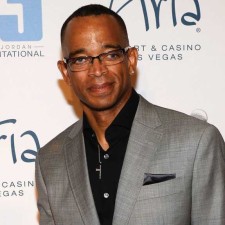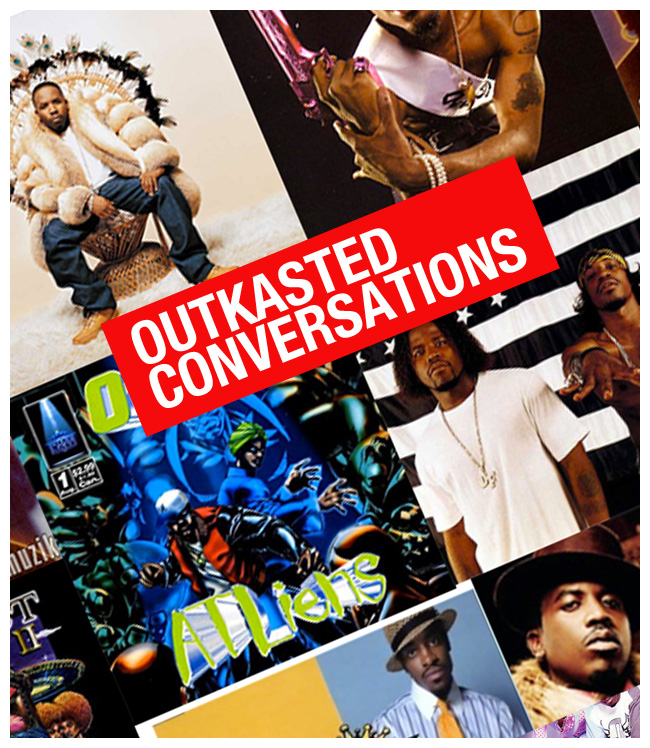
Drake
Hip-hop’s newest young star Drake is gaining popularity and momentum faster than anyone could have expected. Just a year ago, the Toronto native traveled around the country hoping someone would hear his music. Now, the 22-year old rapper/singer is signed to Lil’ Wayne’s Young Money – Universal Record label. With the success of his mixtape So Far Gone, Drake has emerged as an artist with a unique sound and is set to release his first studio album titled Thank Me Later in early 2010.
Drake is a young icon at the forefront of the newest generation of hip-hop music and culture. But what may be most interesting about this young artist is his cultural background. Aubrey Graham was born in Toronto, Ontario. His father, Dennis Graham, is an African-American from Memphis, Tennessee who was a drummer for Jerry Lee Lewis in the 1960’s. He is the nephew of Larry Graham, a bass player in the psychedelic funk band Sly & the Family Stone, and Teenie Hodges, the lead guitarist for Al Greene in the 1970’s. Drake clearly comes from a rich musical background. His parents divorced when he was young and he grew up primarily with his mother, a white Jewish Canadian, in the suburbs of Toronto.
Growing up around a predominantly Jewish subculture may not directly translate into an ear for hip-hop music, but that didn’t stop Drake from gaining the exposure he needed. In an interview with HipHopCanada.com, Drake said that he credits much of his appreciation for music to his summer trips in Memphis when he would spend time with his father and soak up the Tennessee culture. “We have a very deep musical background. My grandmother, who passed away in Memphis, used to baby-sit Louis Armstrong. [My dad] ran in that circle of great musicians, and [he] has many stories,” Drake commented in the interview.
Through his interviews, it is clear that Drake considers himself just as African-American as he is Jewish-Canadian. In an interview with Peter Rosenberg, Drake talks about how he grew up in a Jewish community and had a Bar Mitzvah, but he readily identifies with both cultures. “You’re doing something I could never do: You’re being Black and Jewish,” Rosenberg laughs in his interview with the rapper. Although meant to be comical, Peter Rosenberg’s comment about Drake is genuine. Drake is able transcend cultural boundaries and generate a large fan-base. He has been able to bring hip-hop culture to Toronto, while sharing his unique background with hip-hop culture.
Drake’s Interview with Peter Rosenberg
Drake doesn’t exemplify the stereotypical black rapper by using excessive profanity and vulgar themes. However, he is very different than Matisyahu, a popular Hasidic Jewish reggae musician. Drake shows how the blending both cultures can surpass boundaries and generate popular music. “I don’t want to limit my music to people based on their race and/or age. That’s why I don’t really put a lot of swearing in my music. I want everybody to be able to enjoy it. Being bi-racial and being young along with being American and Canadian [allows me to] try and cover all the bases and expand my fan base to a level that has yet to be seen. I think with the right person and the right music, people from all walks of life can come together. I know that’s what my life was about. I’ve seen it all, so that’s what I want to bring to the table.”
Jared Barchus
Tags: Drake, Hip-Hop

 Share On Facebook
Share On Facebook Tweet It
Tweet It

